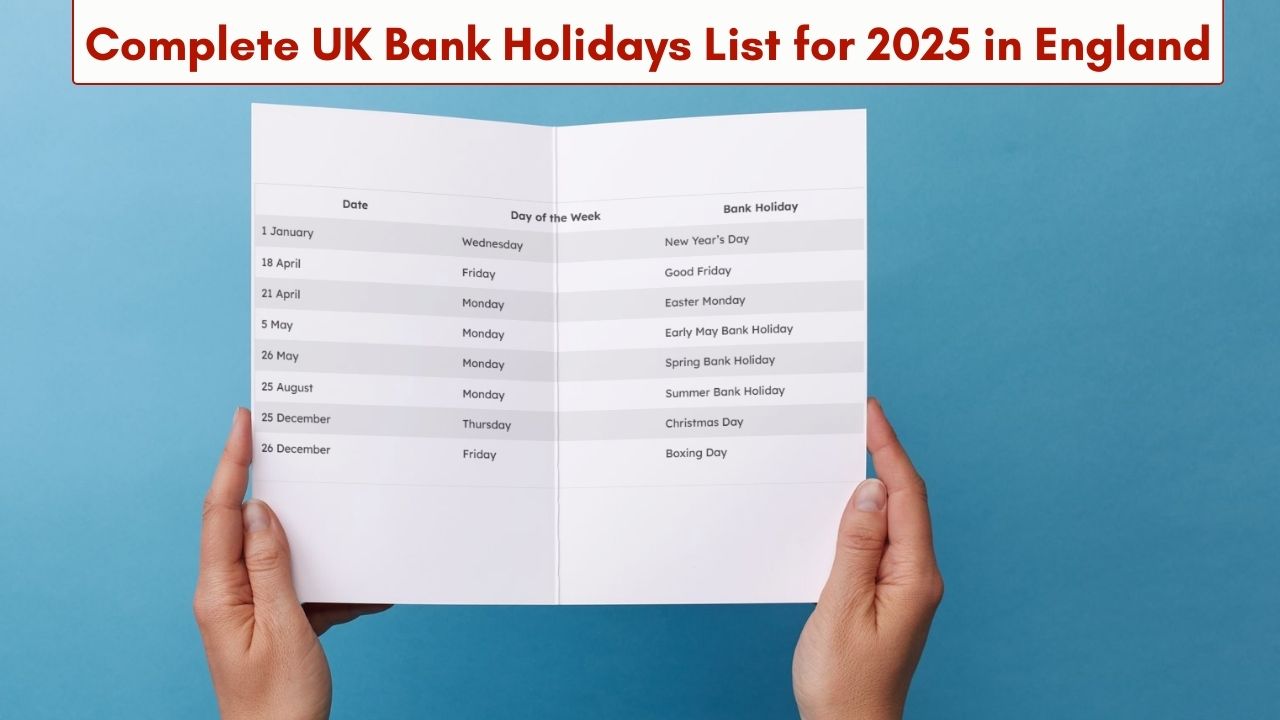The Department for Work and Pensions (DWP) has announced a new program targeted at speeding up treatment for people with musculoskeletal (MSK) illnesses such as back, joint, and muscle problems in areas with the longest waiting lists. This initiative is part of the UK government’s ‘Get Britain Working’ white paper.
According to current DWP figures, as of the end of October, over 1.1 million individuals in England and Wales were receiving Personal Independence Payments (PIP) for MSK conditions of up to £737.20 per month. To address economic inactivity, which occurs when people are not working or looking for job, 17 Integrated Care Boards (ICBs) throughout England will share a £3.5 million budget to improve MSK services.
However, these new regulations will not apply in Scotland. The initiative will provide up to £300,000 to each region of England and Wales to address one of the leading causes of economic inactivity.
It is part of the Labour Government’s Plan for Change, which promises to “put more money in people’s pockets and get the NHS back on track”. The MSK Community Delivery Programme, managed by NHS England’s Getting it Right First Time (GIRFT) programme, will provide ICBs with the resources and leadership they need to develop more effective methods of treating MSK patients, reduce wait times, and help them return to work.
Alison McGovern MP, Minister for Employment, has highlighted the neglected persons who have been out of work owing to health complications: “For far too long, people locked out of work with health concerns have been forgotten and refused the help they need to get well and back to work. According to the Daily Record, it stifles our economy and prevents individuals who want to advance in life from reaching their full potential.
In order to address this issue, she announced significant financial support: “This multi-million-pound funding boost means musculoskeletal patients across the country will get the help they need, as we give clinical leaders the resources to innovate, get people off waiting lists, and get Britain working again.”
According to the UK government, 2.8 million individuals are now economically inactive owing to long-term health disorders, with musculoskeletal (MSK) difficulties ranking second behind mental health. Approximately 646,000 people, or approximately one in every four (23%), identified MSK as their top health concern.
The backlog for community-based MSK service appointments remains the longest of any community wait in England, with 348,799 in September 2024. The prior year saw around 23.4 million working days lost owing to MSK conditions.
Andrew Gwynne, Minister for Public Health and Prevention, added to the discussion, saying, “With prevention, early detection, and treatment, we know that the 17 million people with musculoskeletal issues in England could better manage their conditions, improving their quality of life and enabling them to rejoin the workforce.”
He emphasized the administration’s commitment to their strategy: “Through the Plan for Change, the government is taking decisive action to drive down waiting lists, improve treatment options, and boost the economy.”
The MSK Community Services initiative marks a big step forward in meeting the needs of persons living with musculoskeletal disorders, such as arthritis. Deborah Alsina MBE, CEO of Versus Arthritis, emphasized the impact of these conditions on working lives, saying, “With over 20 million people living with musculoskeletal conditions, including 10 million with arthritis, Versus Arthritis understands the devastating impact these conditions can have on working lives.”
“Arthritis can cause debilitating pain, joint stiffness and prevent people doing everyday tasks, with work sometimes made to feel an impossible challenge.”
The initiative, which is being implemented in 17 sites throughout England, seeks to give assistance and resources to individuals with MSK problems so that they can manage their illness and continue to work.
The programme’s introduction is part of the government’s larger attempts to overhaul employment assistance and put more people to work, as stated in the Get Britain Working White Paper.
Also See: DWP wants to reform benefits to cut costs, not help disabled people into work, court hears











